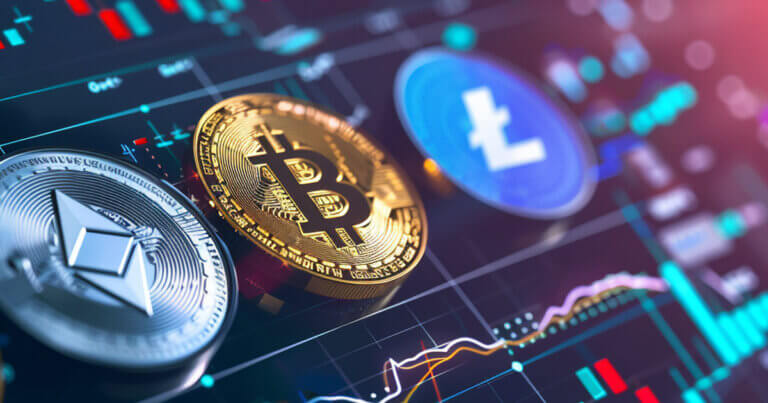Gafisa, one of the largest Brazilian real estate developers, now accepts bitcoin for real estate transactions through a partnership with Foxbit.
- Brazilian real estate developer, Gafisa, is now accepting bitcoin as payment for real estate transactions.
- In order to bring bitcoin to its customers, Gafisa partnered with a cryptocurrency gateway provider known as Foxbit.
- Bitcoin improves real estate transactions by allowing quick and final settlement of transactions, low fees and removing intermediaries
Gafisa, one of the largest Brazilian real estate developers, is now accepting bitcoin as payment for the purchase of real estate, according to a press release from Foxbit, a cryptocurrency payment gateway provider.
Foxbit stated that one of the reasons for Gafisa’s bitcoin integration was the removal of intermediaries. In the real estate market, plenty of entities get a piece of the pie, be it banks, real estate companies and agents, payment processors or other involved parties; there’s no shortage of intermediaries in a real estate transaction. Bitcoin helps lessen the costs of transactions with quick and final settlements while eliminating the risk of fraud.
The press release stated that Gafisa’s decision to accept bitcoin was also largely based on the disruptive nature of the technology which can open opportunities for further innovation in the growing sector.
This growth has seen Brazil has become one of the leading countries for the adoption of bitcoin. Not only does Brazil rank number six in on-chain value transacted in a report by Chainalysis, but Gafisa houses 1 out of every 130 Brazilians, according to Gafisa data, making this a natural path of progression.
“Bitcoin is the largest cryptocurrency in market value and, technologically, the most ballast currency in history,” said Guilherme Benevides, CEO of Gafisa. “It is a currency that is growing in popularity every day, also expanding the possibilities of its use.”
Benevides continued to explain that bitcoin follows a path of progression and with the digital revolution currently being experienced worldwide, Gafisa feels digital payments will continue to garner an increasingly high level of presence in emerging economies.
“There is a natural tendency to digitize payments,” Benevides explained. “If we stop to think that the Central Bank will launch the digital real in 2022, we can conclude that, in fact, digital currencies are increasingly present in the world.”







